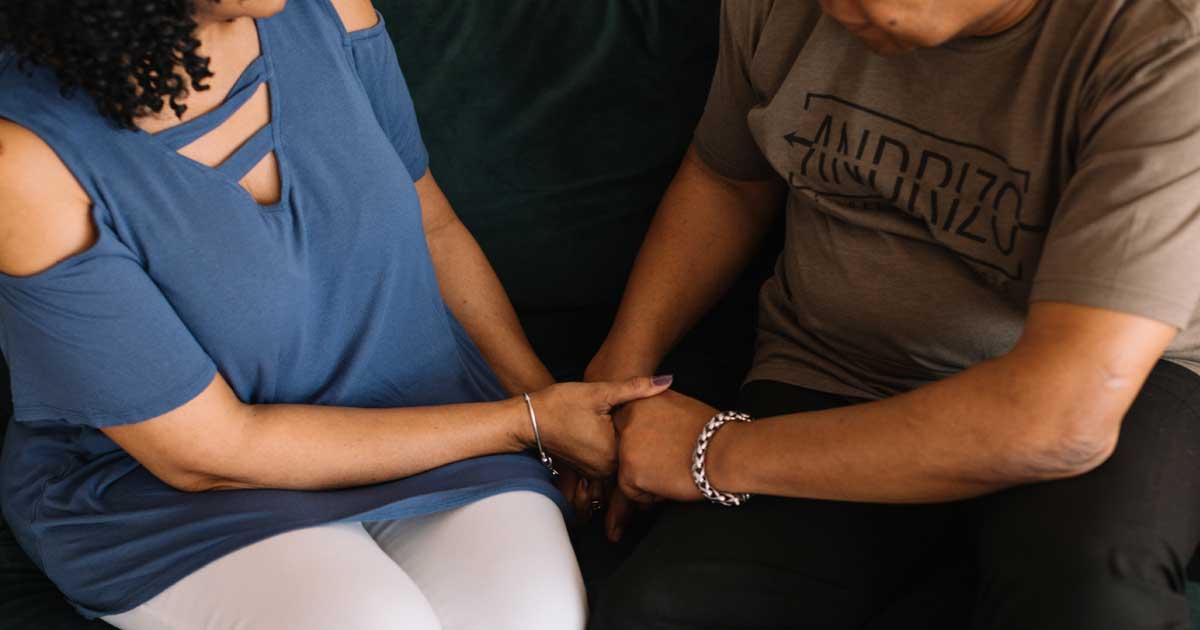As businesses across the country begin reopening amid the COVID-19 pandemic, individual understandings of safe practices will differ widely.
That's because we all have different definitions of comfort and safety.
Now is as good a time as any to set healthy boundaries with friends and family who may try to push your limits on social distancing, said Lyndsay Volpe-Bertram, PsyD, section chief for psychology at Spectrum Health.
Even as communities across the country reopen and bars and restaurants open their doors, it's still advisable to practice proper social distancing and wear a mask out in public.
The dynamics of this pandemic have been different for everyone.
Some have come to feel safer spending time at home and it may be difficult to think about returning to work. Others have found it difficult to stay home—and they're excited to return to work.
Dining out and other entertainment activities will be viewed differently depending on the person.
"People are taking different stances," Dr. Volpe-Bertram said. "Some are jumping right in, but a great deal of the population is wanting to stay home and stay safe. And that's OK."
Many people will struggle as they think about how best to protect their families, especially when it comes to keeping children and elderly family members safe. If someone feels pressured by others to go out and do things, it only adds to their stress.
And the thought of setting boundaries isn't comfortable, either.
"We all have conversations with ourselves each day and play out scenarios in our mind on how these talks will go before we even engage," Dr. Volpe-Bertram said. "It's natural to go to a worst-case scenario first and assume people will argue or poke holes in our reasoning."
People naturally want to be liked and accepted.
"We worry that when we set a limit, that people will reject us or be unhappy with us," she said. "These possible reactions make us second guess ourselves."
Here's how Dr. Volpe-Bertram recommends handling conflicts that may arise:

Step 1: Start with your household
"I encourage my patients to think about their own households first and what they are most comfortable with," she said.
Consider what makes you feel safe, without anyone else's input. Consider the data that is available and make informed choices.
Be open to change.
Boundaries for social distancing don't have to be permanent. As situations and recommended guidelines change over time, you can change too, if needed.
Step 2: Communicate
"When we set a boundary, we want to be clear and specific," Dr. Volpe-Bertram said. "When talking with your family or friends, be specific and let people know where you are at."
And ask questions, too.
Ask your loved ones what they are most comfortable with. Start a conversation and communicate a boundary right from the start.
Practice your language ahead of time. Don't feel like you have to over-explain.
"If it's what you believe in and what you are comfortable with, that is enough," Dr. Volpe-Bertram said. "The more detail you give, the more room you allow for others to critique or poke holes in your reasoning. Be brief and be to the point."
An example of a statement that could be used to communicate a boundary with a loved one:
"I really value our relationship and I have been missing you. I know that things are opening up and we have more options in front of us, but right now this is what my family and I are comfortable with."
Grandparents thrive on seeing their grandchildren, but right now it's important to say what you must in order to keep your children—and parents or grandparents—as healthy as possible.
Try setting a boundary by saying something like this:
"We all love you and want to see you, but right now we need to continue to practice social distancing to make sure we all remain healthy. How can we build a stronger virtual relationship right now?"
Try sharing more photos with grandparents or do video visits, or even a window visit. It's important to reinforce the value of these relationships and validate the other person's feelings.
"We are never going to be 100% aligned with everyone," Dr. Volpe-Bertram said. "We are all unique individuals with our own opinions. Most loved ones will be respectful and willing to wait if that's what makes you most comfortable."
Other tips for dealing with apprehension:
- Continue to make informed decisions.
- Consider individual risk tolerances.
- Give space to listen and react.
- Make good decisions at the end of the day that you feel OK with.
- Be mindful of your own emotional reactions.
- Don't feel the need to over-explain.
Written by Rick Jensen for Spectrum Health HealthBeat Blog.
This article was republished with permission and originally appeared at Spectrum Health HealthBeat Blog.




